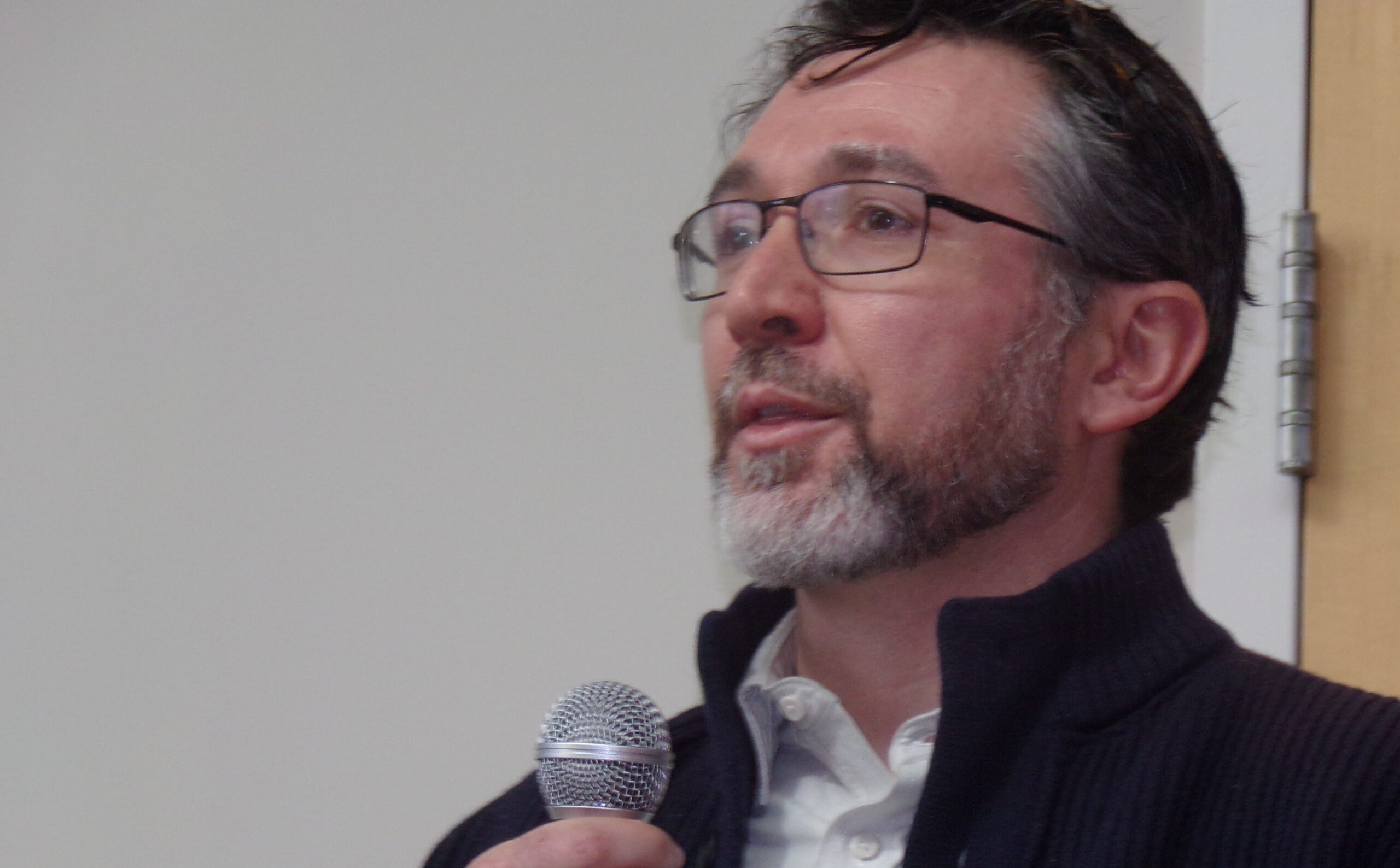
“The whole process is insane.” That’s how Dr. Matthew Buckley, a physicist, describes the ongoing impact of Elon Musk’s DOGE (Department of Government Efficiency) on the National Institute of Health (NIH) and the grants process that funds scientific research institutions like Rutgers University.
While the Trump Administration tries to get rid of independent attorneys general while installing vaccine skeptic Robert Kennedy Jr. at the U.S. Department of Health, the world’s richest man continues to try to dismantle the lives of research scientists – faculty and students – at New Jersey’s oldest public university.
The ignorant who applaud the capsizing of these professionals apparently don’t understand the implications and the imminent impact on the general public.
In Buckley’s words, “Whatever people voted for last November, they didn’t vote for the end of cancer research” and chunks removed from the country’s healthcare and economic engines.
For every dollar the federal government invests in NIH grants, universities generate two and a half dollars, said Buckley, a critical enhancement of our economy, especially in New Jersey, where the pharmaceutical industry accounts for 2.4% of the state’s private workforce.
“It’s what we do,” the physicist told InsiderNJ.
The cuts undertaken by Musk simply result in a reduction in opportunities for researchers like Buckley to train undergraduate students and create the next generation of scientific pioneers.
“If you are a student, a grant that enables ten weeks of work in a lab, one-on-one connection with faculty, can get that student to the next level in terms of opportunities in medicine, pharma, or biotech,” he said. “Those grants are being cut.”
Buckley’s been doing this for decades.
A strict review process governs the grants.
“We are good stewards of government money,” he said. “When I get government money, I have to account for every penny. The idea that this is government waste is just ridiculous, and now, my colleagues are just getting an email telling them it’s done. These are government contracts that are just being dismissed. Hopefully a judge will say no.
“It’s absolute chaos,” Buckley added.
The National Science Foundation and NASA just this week endured cuts resulting in the loss of hundreds of jobs.
“What we’re talking about is the loss of how to build new things, not today, but 15 years from now. That is how you train people to build.”
Buckley describes his work of teaching students a real privilege. He takes joy in writing letters of recommendation for budding researchers.
“What is happening her is a sad betrayal of the next generation,” he said.
(Visited 31 times, 31 visits today)
The Trump administration has been one of the most controversial and polarizing in recent memory, with its policies and actions having far-reaching implications for future generations. From environmental deregulation to immigration reform, the decisions made by President Trump and his administration will have a lasting impact on the world that our children and grandchildren inherit.
One of the most significant areas where the Trump administration’s impact will be felt for generations to come is in the realm of environmental policy. The administration has rolled back numerous regulations aimed at protecting the environment, including withdrawing from the Paris Climate Agreement and loosening restrictions on coal-fired power plants. These actions have been widely criticized by environmentalists and scientists, who warn that they will exacerbate climate change and harm future generations.
In addition to environmental policy, the Trump administration’s immigration policies have also raised concerns about their impact on future generations. The administration has implemented strict immigration policies, including separating families at the border and limiting refugee admissions. These actions have been criticized for their humanitarian implications and for potentially harming the social fabric of the country in the long term.
Another area where the Trump administration’s impact on future generations is likely to be felt is in the realm of healthcare. The administration has sought to repeal and replace the Affordable Care Act, also known as Obamacare, which has provided health insurance to millions of Americans. While the efforts to repeal the ACA have so far been unsuccessful, the administration has taken steps to weaken the law and undermine its effectiveness. This could have serious consequences for future generations who may struggle to access affordable healthcare.
Overall, the Trump administration’s impact on future generations is likely to be significant and complex. While some of its policies may have short-term benefits, such as tax cuts and deregulation, the long-term consequences of these actions remain uncertain. As we look ahead to the future, it is important for policymakers and citizens alike to consider how the decisions made today will shape the world that our children and grandchildren inherit.



